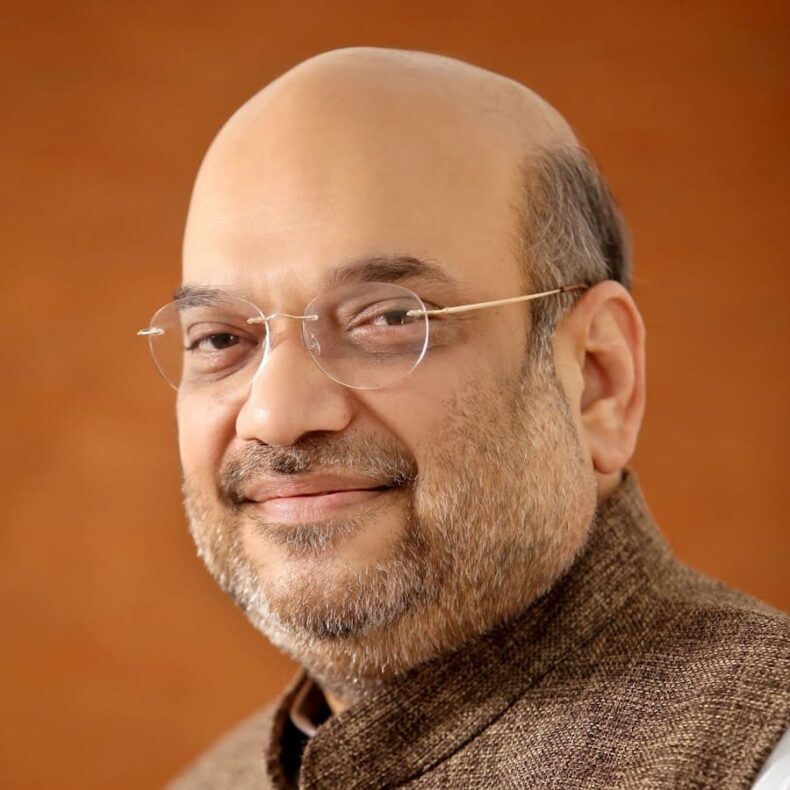In a major India Today Conclave, Home Minister Amit Shah commented that ED and CBI have been working to their top notch efficacy and probing the cases unbiasedly. The development comes amidst recent crackdown on Manish Sisiodia, former Deputy CM of Delhi and other alleged accused in the excise policy case.
The opposition has alleged that the institutions are working at the tunes of incumbent govt, which leads to the arrest of the members of opposition parties.

To this the Home Minister replied that the chargesheet or FIR filed by the investigation agencies can be very well challenged in the court and no one is above the court. He pointed out that the institution of the judiciary can be resorted to those who feel grave injustice and by following the mandated procedure the justice can be advanced to.
Appraising the agencies further he said that the agencies are stuck to their mandate of following the law of the land and there is no cherry picking when it comes to investigations. Speaking further, he said that the majority of the cases have been registered under UPA-Congress regime amounting to 12 Lakh Crore during their 10 years stint and asserted that when the case pertains to the Prevention of Money Laundering Act, the ED is bound to investigate.
When asked about the Adani matter, he discussed that the issue was sub judice in the court, which has appointed a two member committee consisting of retired judges for dealing with the issue, SEBI is running a parallel investigation into the matter and the court has been informed of this.
India Today conclave provides a platform for deliberations and discussions across the major socio-economic and political issues faced by the country and advances for its further solutions. The present conclave is the 20th edition being organised in New Delhi dating March 17 and 18. It witnesses participation of a plethora of people from diverse fields.
Questioning the Impartiality of CBI and ED: matter pending in the court
The independence of the Institutions have been at stake since the centre brought the amendments in the Delhi Special Police Establishment Act, 1946 and Central Vigilance Act, 2003, in the form of ordinances. Which empowered the central govt to extend the tenures of the CBI and ED directors respectively on a yearly basis for three years, after serving a minimum stint of 2 years as statutory period.
By virtue of which ED director Mishra was granted subsequent extensions retrospectively, soon before his retirement, raising the potential for biases in the functioning of ED.

The court has been informed of the fact by the Congress leaders (the petitioners in the case) that several cases of the Money Laundering Act have been filed against opposition parties members, they have cited the Judgment of the apex court in the Common cause v. UOI wherein the ordinances were called into question, in that case the court has pronounced that the extensions shall take place in ‘rare circumstances’ & for short duration to an extent that it does not shed the unbiased nature of the institutions.
The Centre has filed the affidavit citing that the petitioners are interfering with the transparency in the functioning of the ED. The amendments were challenged in the court in Jaya Thakur v. UOI before the bench of BR Gavai and Aravind Kumar and was posted for the hearings for March 21 requiring exhaustive listening.













